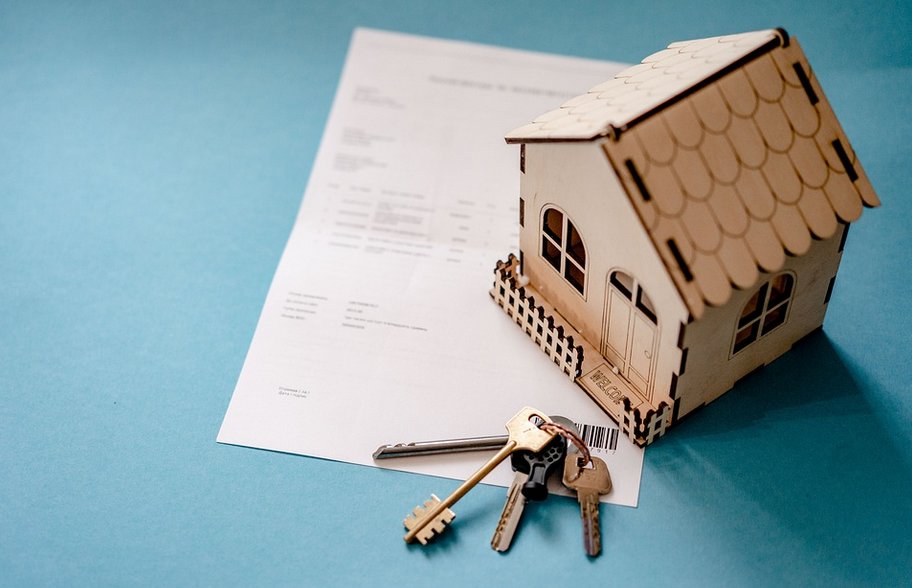Most people grapple with the own-versus-rent scenario during their lives. Many want to own a home, but think that it makes more sense to rent. Perhaps they are trying to avoid a large down payment, or think that homeownership is out of their budget. However, for most of the United States, it’s actually cheaper to own a home than it is to rent! Keep on reading to find out more.
Where is Owning Cheaper than Renting?
ATTOM Data Solutions recently compiled a new report with data showing that owning was cheaper than renting in 58% of the United States. The study compared the monthly mortgage payments for median-priced houses with rental costs for three-bedroom properties.
While owning is cheaper than renting in the majority of the US, the opposite is generally true for those who live in major cities and urban areas. In places like Los Angeles County, California, or Queens County, New York, renting makes more sense. But for primarily rural and suburban counties, homeownership is generally more affordable and the average monthly mortgage payment will be cheaper than the average monthly rent.
Overall, the real estate market is more affordable in the South and Midwest than it is in the West or Northeast.
In Some Places, the Difference is Marginal
In certain areas of the United States, even though the average mortgage payment is technically more expensive than the average rent, this difference could be $50 or less. Therefore, it still might be better to buy, even in areas where buying is more expensive, since you will be building equity in your home and your monthly payment may not be that much higher.
Of course, this data is based on national trends, which may not show the whole picture. If you’re considering buying or renting, you should look at local data and consult a real estate or mortgage expert to see which scenario may be best for you.
What’s Stopping More People from Buying?
If homeownership is more affordable than renting in most of the United States, then what’s stopping more people from becoming homeowners? Saving up for a down payment can be a huge hurdle, as many people think that you need at least 20% down in order to buy a home. However, this is only true for conventional mortgages. FHA loans only require a 3.5% down payment, and other types of loans (such as a VA loan or USDA loan) require 0% down. Down payment assistance programs also offer loans and grants to help potential homebuyers with the down payment and closing costs. If you feel like you’re stuck in a “renter’s trap” or if you don’t have enough saved for a large down payment, consider if down payment assistance is right for you.
Other Benefits of Buying
In addition to building equity in a property, another benefit of buying is that expenses associated with buying and owning a house can often be tax deductible. Many find that homeownership brings a sense of stability and community. And finally, if you make your mortgage payments consistently and on time, you will gradually be improving and building your credit score, which can allow you to get a better rate in the future if you want to refinance.
Is Now a Good Time to Buy?
Mortgage rates are historically low, which means that monthly mortgage payments are cheaper now than they have been in the past. This is another reason why it’s cheaper to own instead of rent in so many areas. If you’re considering homeownership, you should start comparing lenders and quotes now, in case rates rise again. Choosing a low rate now could potentially save you hundreds or even thousands over the life of your loan. Rates can rise again at any time; to get started comparing low rates, try RateZip’s comparison page highlighting some of our favorite mortgage sites.






















